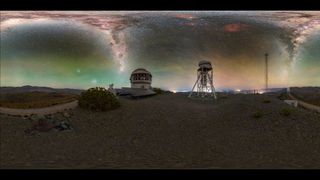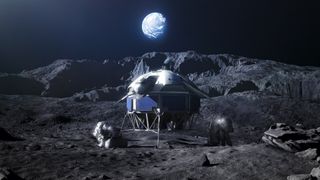Astronomy
Explore Astronomy
Latest about Astronomy
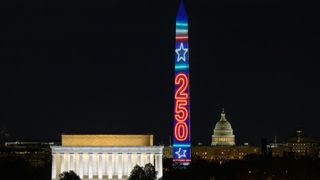
America's 250th lights up Washington Monument | Space photo of the day for Jan. 28, 2026
By Kenna Hughes-Castleberry published
A 250th anniversary only comes once in a lifetime.
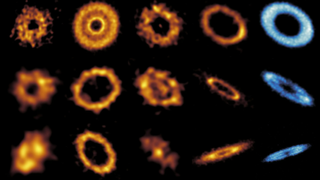
Astronomers discover the 'growing pains' of teenage exoplanets
By Robert Lea published
"We've often seen the 'baby pictures' of planets forming, but until now, the 'teenage years' have been a missing link."
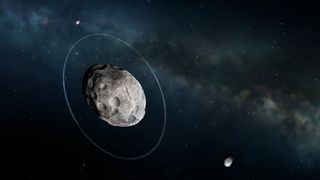
From Pluto to Ceres: A dwarf planet word search
By Kenna Hughes-Castleberry published
Hunt for the names of mysterious dwarf planets, most of which orbit on the fringes of our solar system
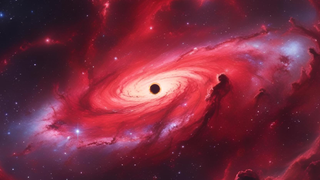
Are mysterious 'Little Red Dots' discovered by the James Webb Space Telescope actually nurseries for direct-collapse black holes?
By Robert Lea published
"It is exciting to think that Little Red Dots may represent the first direct observational evidence of the birth of the most massive black holes in the universe."
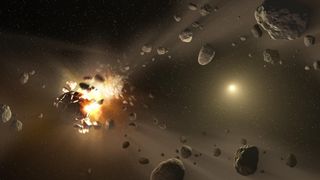
Venus may get a huge meteor shower this July, thanks to a long-ago asteroid breakup
By Keith Cooper published
This coming July, Venus could plow through the dust generated by an asteroid breakup thousands of years ago, potentially sparking an impressive meteor shower.
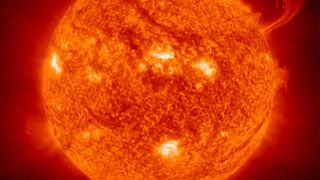
Magnetic avalanches on the sun reveal the hidden engine powering solar flares
By Keith Cooper published
"This is one of the most exciting results from Solar Orbiter so far."
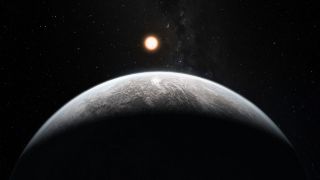
Super-Earth exoplanets may have built-in magnetic protection from churning magma — and that's good news for life
By Sharmila Kuthunur published
"A strong magnetic field is very important for life on a planet."
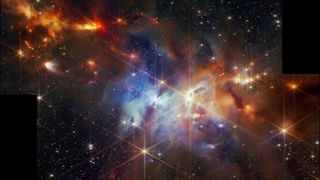
James Webb Space Telescope sees comet-seeding crystals flowing far from newborn star (photo)
By Samantha Mathewson published
NASA's James Webb Space Telescope has spotted a young star flinging heat-formed crystals outward on a cosmic conveyor belt, offering a new clue to how comets evolve.
Breaking space news, the latest updates on rocket launches, skywatching events and more!
